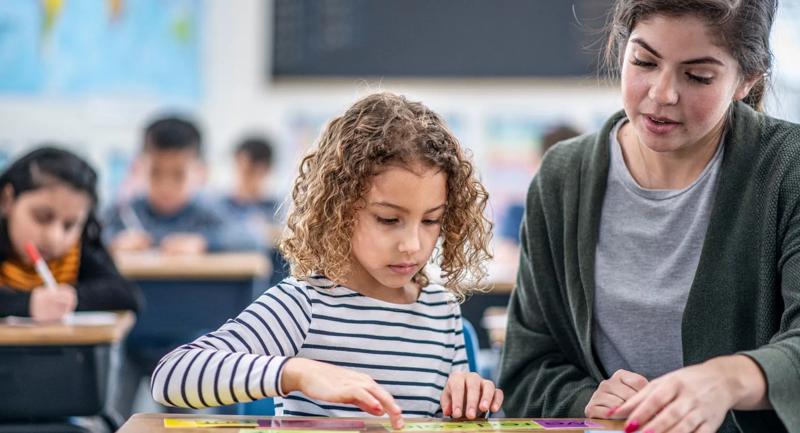A slew of new research suggests that educators can use the lessons of the past two years to strengthen communication with families and recognize their diverse needs.
The tech-based strategies that schools leveraged during the remote-learning period, including creating virtual meeting opportunities with flexible scheduling and mobile apps that enable phone-to-phone communication, can be powerful tools for keeping families connected, according to an April report from the University of Chicago. The study, based on focus groups with families and teachers, found that many pandemic-related engagement adaptations continued to be useful for parents.
Another research-supported lesson from the pandemic is that parents and guardians deserve communication that respects their communities and cultures. In a June 2021 report commissioned by the Carnegie Corporation of New York, researchers outlined several initiatives to bolster more effective and equitable family engagement. Strategies include inviting caretakers to reflect on their experiences in professional development sessions with teachers, explicitly including family engagement initiatives in school-wide equity plans, and identifying administrators to serve as community liaisons.
Schools must also keep in mind that, like educators themselves, many parents are struggling with burnout. A May 2022 survey out of Ohio State University found that 66 percent of parents with children under the age of 18 reported some level of burnout. The data draw from the first four months of 2021, at a peak in the pandemic, but provide critical context for engagement efforts even now, such as encouraging parents to seek out self-care and mental and emotional support.
Remote learning may have put distance between educators and families, but the adaptations they embraced to stay in touch are more useful now than ever.






